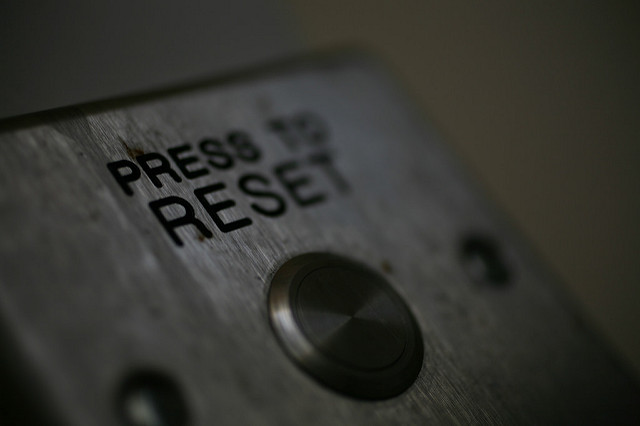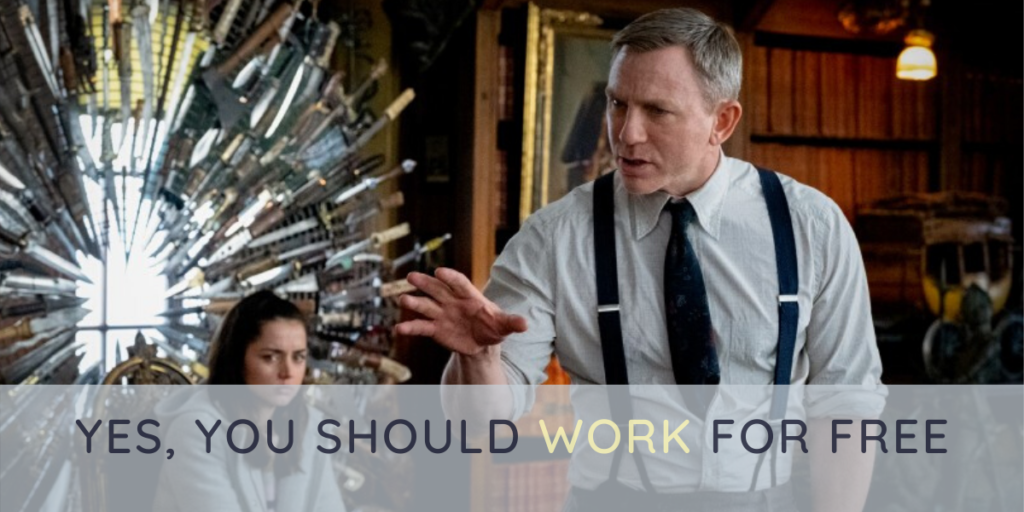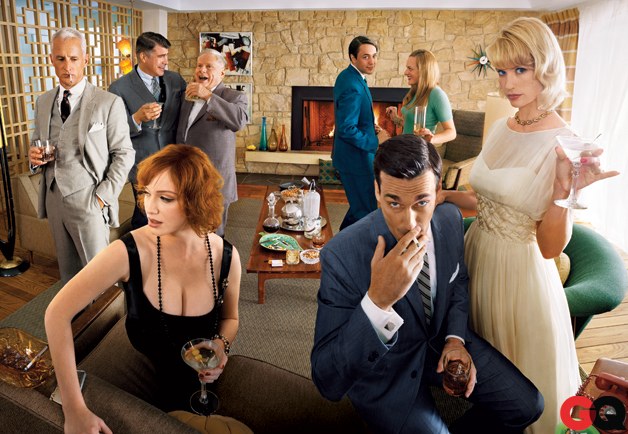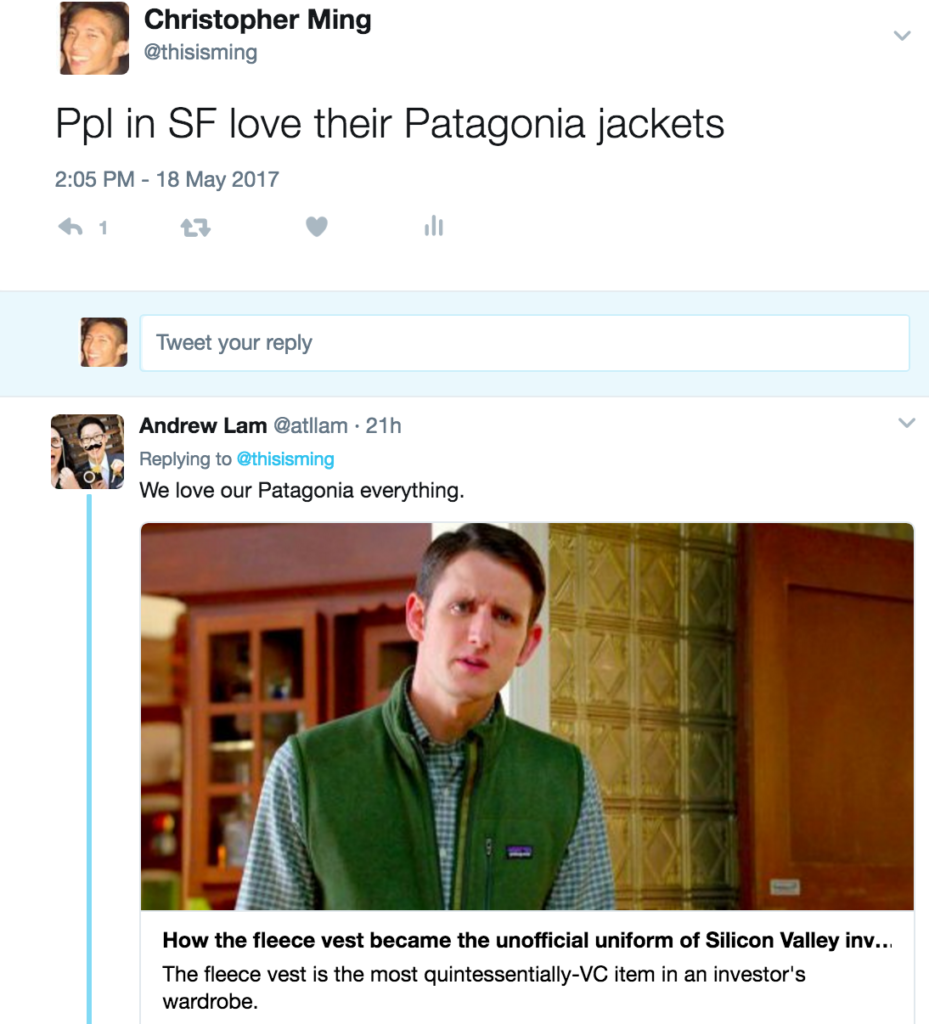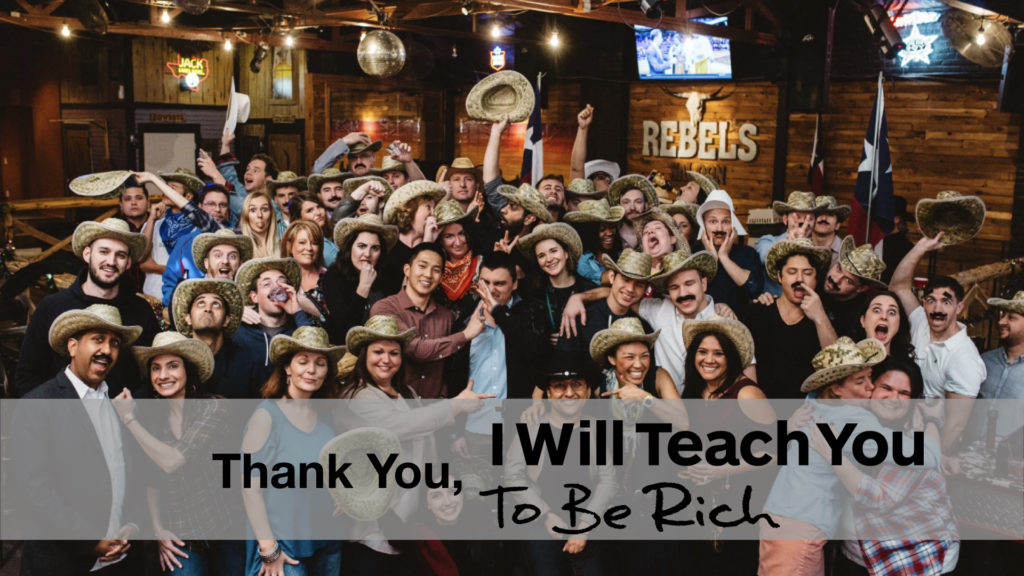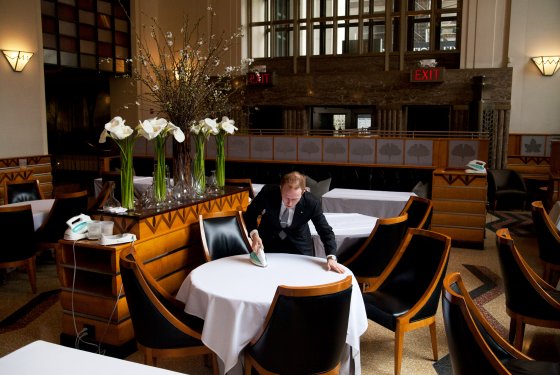Last updated on May 28th, 2018 at 04:54 pm
On January 13, 2009, we opened our restaurant, Shogun, in Delmar, NY and my father held our first pre-meal inside the kitchen. As the first of the soft-opening customers trickled through the front door, he shared this nugget of instruction:
“This is how you pour miso soup.”
We were about to open a Japanese restaurant — and we didn’t know how to serve the soup.
This is like asking for garlic bread at The Olive Garden and your server saying, “Garlic what?”
Case Studies: The Difference Pre-Meal Makes
I always thought pre-meal was the best part of a shift. Our pre-meals improved steadily: my father eventually moved past the soup, and instead, he’d remind us what was ’86ed, what the specials were, and what we should push that evening.
But it wasn’t my favorite part because I learned anything new, or made me feel more prepared.
I’ll get to what made pre-meal special in a moment. First, it’s worth noting how seriously other restaurants take their pre-meal.
At Eleven Madison Park, for example, the maitre d will Google the name of every guest that evening. If he finds out a guest is from say, Detroit, and he knows a server is from there, he’ll put them together. If it’s a couple’s anniversary, he’ll figure out which anniversary
Before guests even step foot into Eleven Madison Park, they’re looking for ways to blow their minds.
This is part of the reason why Eleven Madison Park dominates — even though they only offer a $195 pre-fixe meal.
In a paper titled Impact and the Art of Motivation Maintenance, published in the journal Organizational Behavior and Human Decision Processes, researchers applied principles similar to the pre-meal to the fundraising process.
At the University of Michigan, researchers arranged for one group of call center works to interact with scholarship students who benefited from the school’s fundraising — a five-minute, informal chat where they discussed the students’ studies.
How much of a difference did it make?
